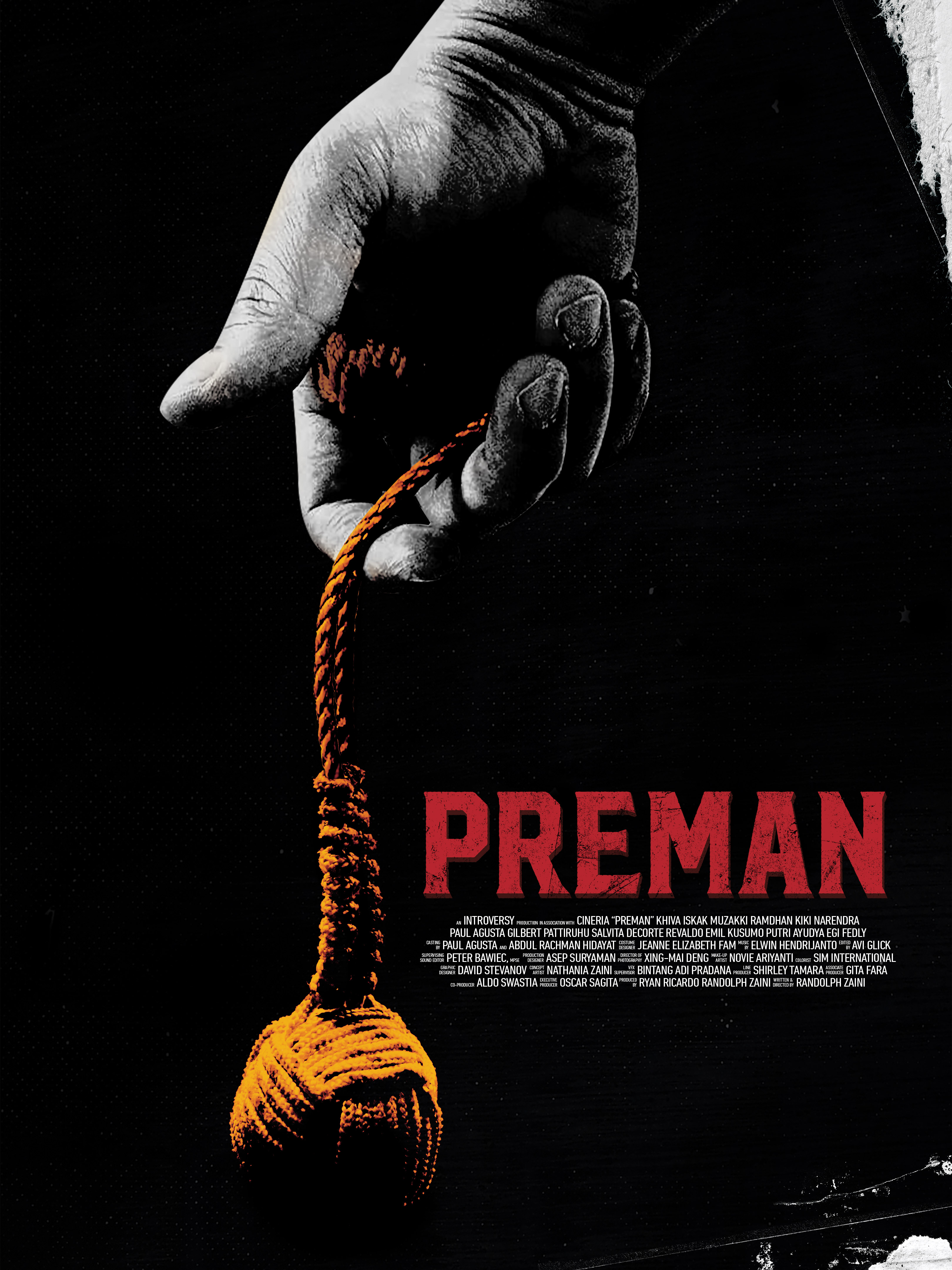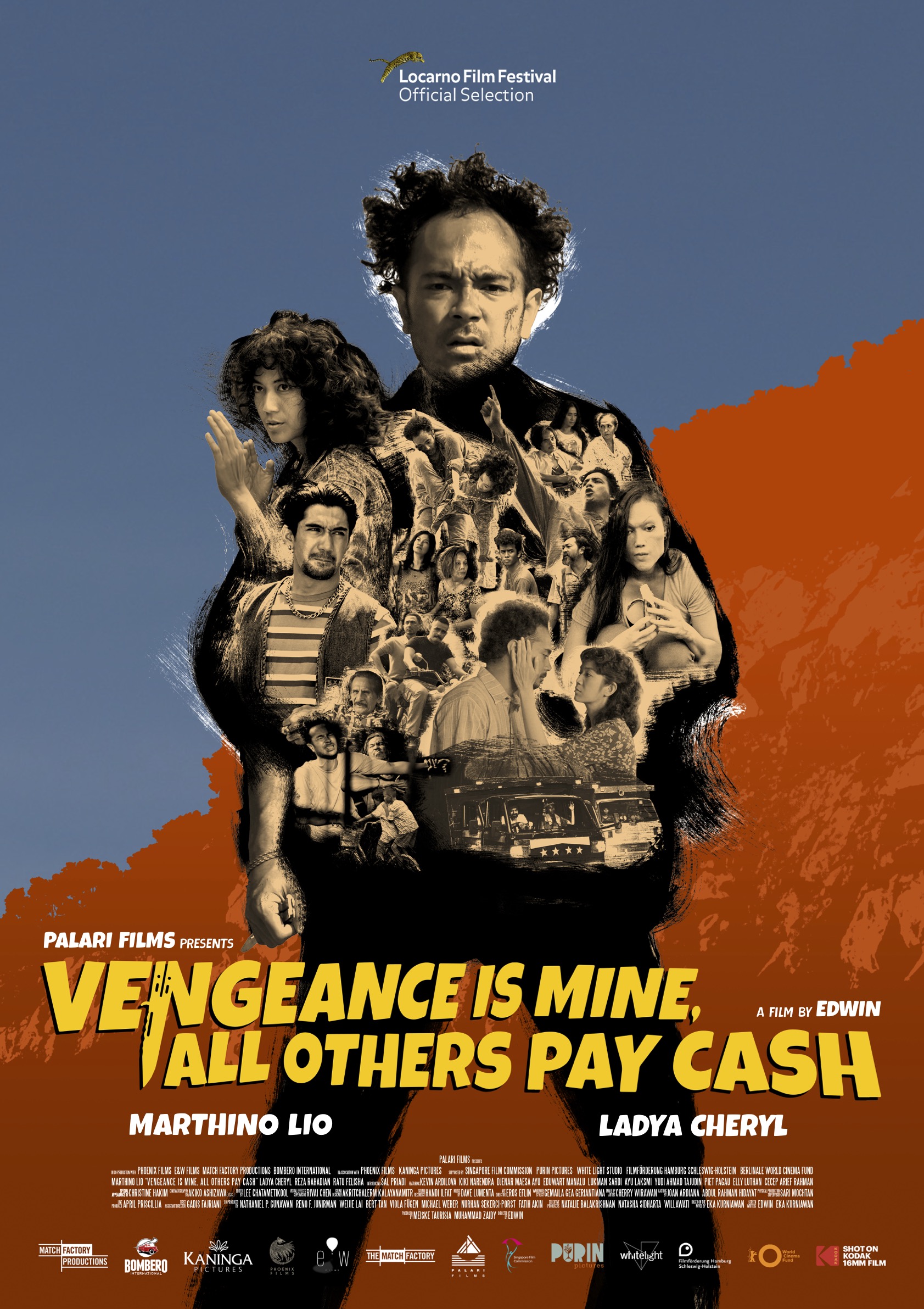
The screenwriter hero of meta rom-com Falling in Love Like in Movies (Jatuh Cinta Seperti Di Film-Film) seems intent to prove that romance can be just as fiery for the middle aged as it can for the average teenager even as his own love interest cautions him that grown-up love is much more considered. It’s mostly about long conversations and frank discussions about what you both do and don’t want rather the clumsiness and artificial barriers that disrupt the relationship between young lovers. She, and the film’s producer, wonder if an audience would find that very interesting, but there is of course something incredibly captivating about witty dialogue and a slow burn romance although that might not actually be quite how it turns out for the lovelorn screenwriter.
Or at least, Bagus (Ringgo Agus Rahman) wants to fall in love like the movies rather than like in real life. His chief idea is that he’s going to write a screenplay for a romance and then his old high school friend Hana (Nirina Zubir) will go to see it and understand it’s all about her so they’ll end up together the end. What it makes it all even more awkward, is that Hana is very recently widowed and Bagus’ clumsy pursuit of her is incredibly insensitive especially as he frames it as a kind of salvation, that he’s helping her to “move on” and escape the inertia of her grief.
Through his experiences, he may come to learn that he’s become stuck in his own head applying movie logic to real life and expecting people to behave the way they would in one of his screenplays in which he of course controls everything. Yet in another way the film is also a departure for him as it’s his first based on his own original idea as opposed to being an adaptation of a existing material. He later says that he’s writing it to try and understand something, yet it’s not until others read it that he begins to see himself reflected and dislike what he sees. His lead actor asks if he made himself this annoying on purpose, while the actress complains the movie Bagus is “cruel” and insensitive in his dismissal of Hana’s feelings little knowing that movie Bargus and writer Bargus are basically the same.
What he’s left with is the gap between the fantasy of cinema and a more rational reality, the illusion of a romance like in the movies and the less glamorous process of getting to know someone gradually and putting love together piece by piece. On a baseline level, he’s emotionally immature and a little self-interested, unable to see that writing a screenplay as a roundabout confession of love is not romantic but cowardly and what’s really romantic is being present and honest about his feelings even if it’s all quite awkward and maybe a little bit inappropriate considering his love interest only lost her husband a few months previously and in any case has every right to reject future romance if that’s her choice.
Hana is in many way’s the film’s moral arbiter, though often framed within Bargus’ gaze as a tragic victim of her grief only to adopt the moral high ground in the final “reality” of the film. Laurens often wrongfoots us in his meta commentary, shifting from 2.35 black and white to letterboxed colour and structuring the film around title cards liked to screenwriting theory which ultimately pay off in Bargus’ ironic epiphany that actually he was the protagonist all along only he’d forgotten to give himself a character arc in his ongoing fixation on Hana’s supposed need to change. His screenplay is literally all about him, but he’s too close to it to see that his behaviour is not really acceptable off the page and if it’s romantic successes he’s after, he’ll have to recalibrate his idea of what romance is while pitching it to his producer boss and convincing him that it’s worth taking the risk on the smart sophistication of a witty rom-com about the gap between the magic of the movies and the difficult realities of love and loss in which going to the supermarket might be the most romantic thing you’ll ever do.
Falling in Love Like in Movies screens April 24th as part of this year’s San Diego Asian Film Festival Spring Showcase.
Original trailer (no subtitles)


















